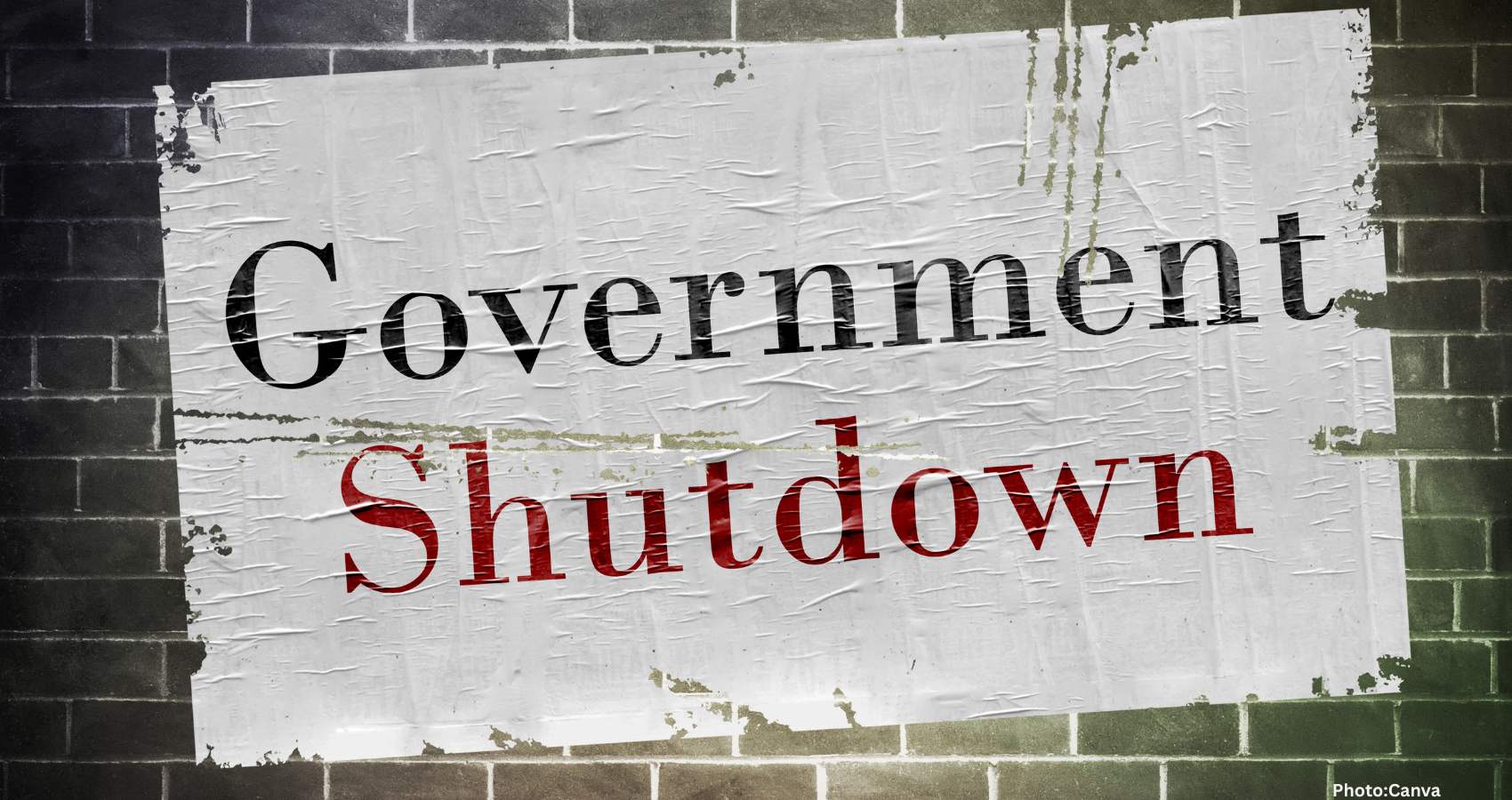The government shutdown is affecting military families stationed overseas, with teachers and support staff facing financial strain as they continue to work without pay.
As the government shutdown continues, its repercussions are being felt far beyond the confines of Washington, D.C. Military families stationed around the globe are experiencing the effects firsthand, particularly those working in educational roles at U.S. bases.
Donna Irwin, a substitute teacher at a naval base in Italy, has shared her concerns about the situation. “It has been absolutely terrible to watch, and the morale at the school is low,” she stated, highlighting the emotional toll the shutdown has taken on educators and students alike.
The Department of Defense Education Activity (DoDEA) oversees 161 schools across 11 countries, seven states, and two territories, serving nearly 900,000 military-connected children. Of these, approximately 67,000 are enrolled in DoDEA schools, supported by over 14,000 employees. The ongoing shutdown has left many of these educators and staff working without pay, creating a challenging environment.
Jessica Tackaberry, DoDEA’s communications operations chief, addressed the situation in a statement to Fox News, emphasizing the organization’s commitment to providing a world-class education. She acknowledged the difficulties faced by dedicated educators and staff during this period of uncertainty, assuring that DoDEA is closely monitoring the situation and will continue to offer guidance and support as needed.
Despite the challenges, Irwin considers herself fortunate that her husband, a sailor, is still receiving a paycheck. However, the couple is feeling the financial strain as half of their income is on hold. Irwin noted that even when the government reopens, it may take time for repayment to occur.
“Especially out here, you feel forgotten because we are here to support that mission — as DoD contractors, as spouses and family members of the service members,” she explained. “These bases, these installations — they really don’t function without us, without our vital jobs and our support.”
For Americans living abroad, the situation is particularly unique. Many are restricted from taking second jobs off base due to contract agreements, and the distance from family adds to the stress of the shutdown. Some individuals are struggling to explain to European landlords why they cannot pay rent or utility bills due to the lack of paychecks.
<p”We oftentimes forget about all those little auto-pay things we have — everything from streaming services to healthcare needs,” Irwin said. “They’re having to do these deep dives into their bank accounts and cancel all of these, you know, car insurance, your vehicle.”
Despite the financial difficulties, educators remain committed to their students. Irwin noted that the mission continues, even if it means personally covering costs for snacks and school supplies. Working in a special education classroom, she teaches essential life skills such as cooking and cleaning.
“I have no budget for any of that in my current classroom, so I’ve been having to go to the commissary myself and make do, trying to buy things that I can’t afford right now for these students who desperately need those life skills,” Irwin explained. “I think the saddest thing for me is watching my students come in, and they don’t fully understand everything that’s happening with the government and with politics. To see them worried about, ‘Am I going to have a meal tomorrow? Am I going to have a meal today?'”
The ongoing government shutdown continues to create uncertainty and hardship for military families and educators stationed overseas, highlighting the broader implications of political stalemates on those serving the nation abroad.
Source: Original article

